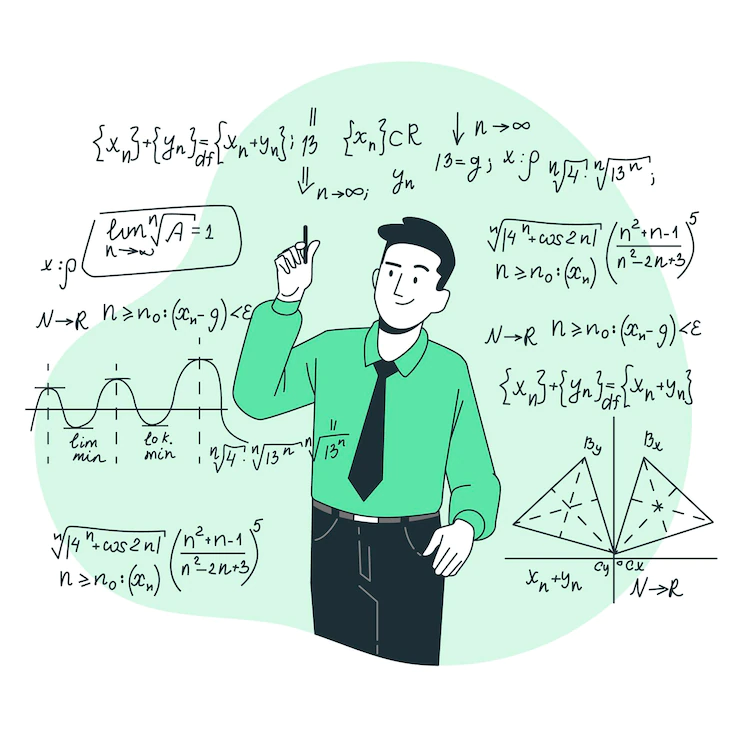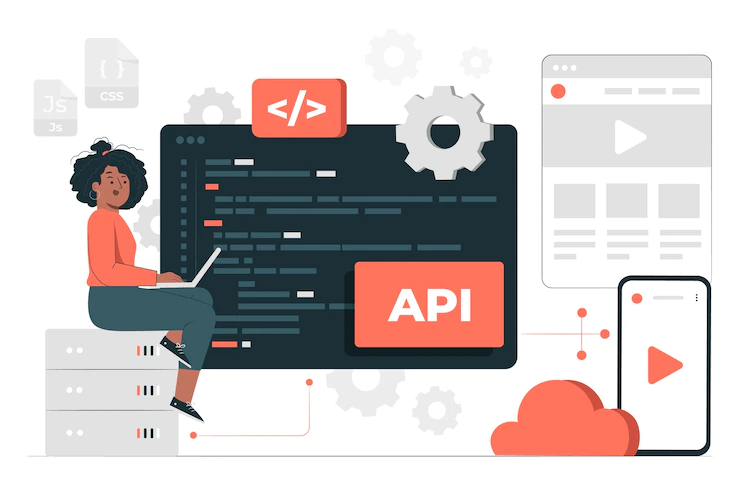Education beyond the walls of a classroom has become clearer with technology. It now serves as an anchor for students to think of other possibilities for advancing their careers. A future in Information Technology (ICT) is now possible with the proper foundation.
When we refer to career opportunities in the IT sphere, a careful collation of school subjects helps lay a good foundation. A clean combination of different courses allows one to get the right start. This article focuses on how mathematics now influences a career in computer programming.
What is ICT?
Before we dive into ICT assisting school students, it’s a great idea to know what the field is about. Information communications technology (ICT) studies technologies that send or access digital information via telecommunication.
The above definition may sound complex, but here’s a simple analogy. Suppose you’re browsing the Internet, you need a smart device capable of communicating the information you seek. Hence, ICT studies the processes involved. The entire field is challenging, but a good understanding of school courses can assist. Gaining knowledge in physics and mathematics is tough for most students, but you can easily find help on Plainmath and find a tutor, who will help you with a difficult task online, or provide a lesson on a specific topic you haven’t learned or get on your course. These platforms have formed the bedrock of how students learn to program, especially with physics help.
While it may seem like an unimportant comparison, ICT isn’t all about computers alone. This confusion often occurs because the importance of having knowledge in math and physics is identical. This is helpful when thinking of careers in the IT sphere.
 Skills you get When you Study IT
Skills you get When you Study IT
IT courses open you to a world of opportunities and skills to learn from. A particular one is coding, with others like database security, networks, etc. Furthermore, ICT helps you build up numeracy skills and management, allowing you to think logically. Employers need these skills, making you desirable in the labor market.
Subjects that Go Together with IT
As a student, knowing how to start in the field of ICT is essential. While in school, mathematics can be a good choice since ICT is hinged on writing algebraic algorithms. Knowledge of physics is also essential, especially if you’re looking into software and hardware. Business studies, sociology, and psychology can become secondary since communication is a valuable tool, as you will be interacting with others.
Mathematics as a Core Subject
The importance of math in the programming industry can’t be described if you want to get started in ICT. It is the art of inputting codes and telling the computer what to do using specific rules and principles. Mathematics teaches students how to write algorithms, another critical step for logical thinking. Before we further break down the math behind coding, let’s state some definitions of terms.
What’s an algorithm? An algorithm is a process that involves a set of steps when solving a given problem, especially with computer programming using your laptop for studying or school computer. Solving a math problem requires studying formulas, another way of learning algorithms. This way, you expose your mind to critical and analytical thinking, which is essential for logical reasoning.
Analytical thinking is the study of a particular issue to develop different solutions. It involves breaking down the matter into simple steps, known as the first principle. With analytical thinking, you can quickly investigate problems, diffuse them into simple steps and get working solutions.

- Identify the issue.
- Get and note down important details instrumental to solving it.
- Provide solutions based on what was broken down.
The Math Behind Coding
The steps listed above can relate to how mathematical difficulties are solved. Here are some critical areas in ICT where the importance of having knowledge in math can assist.
- Game development
- Artificial intelligence
- Machine learning
- Cryptography
- Simulation
Game Development
Game functionalities need deep knowledge of mathematics. In titles like Pong, PUBG, EVE, etc., you can’t underestimate the use of math in writing algorithms, especially when you need to calculate the movements of characters. Other vital services are estimating the geometry and trigonometry of the angles. Good knowledge of algebra, calculus, geometry, and trigonometry is essential for building games.
Artificial Intelligence and Machine Learning
Mathematics and physics go hand in hand with advanced IT fields like artificial intelligence and machine learning. For this area, studying statistics can give you a head start in analyzing data and using it to produce key technologies and innovations.
Like game development, artificial intelligence and machine learning can be easy with good knowledge of algebra, calculus, etc.
Cryptography and Simulation
Building simulations involve the manipulation of random numbers. The way the figures are generated is all about mathematics. Besides, cryptography and simulation involve the use of encryption of data. What other way to write algorithms that can cloud information than the knowledge of mathematics? Key areas that aid in understanding this sector include calculus and number theory.
Conclusion
ICT is fast becoming a significant field in today’s world. As a student, having solid knowledge of building a career in this field needs some subjects. Mathematics and physics should be a starting point as it helps you to have a solid foundation. The math behind coding is rather complex, but you could become well-suited for today’s ICT challenges with a solid start at a young age.
Jack Griffiths
Latest posts by Jack Griffiths (see all)
- Why You Should Pay More Attention to e-Learning Marketing - December 19, 2022
- Live Flight Tracking Software: Gain Full Operational Awareness and Reduce Operation Costs - December 14, 2022
- All About Chemical-Resistant Epoxy Flooring And Why Do You Need One? - December 9, 2022


 Skills you get When you Study IT
Skills you get When you Study IT


